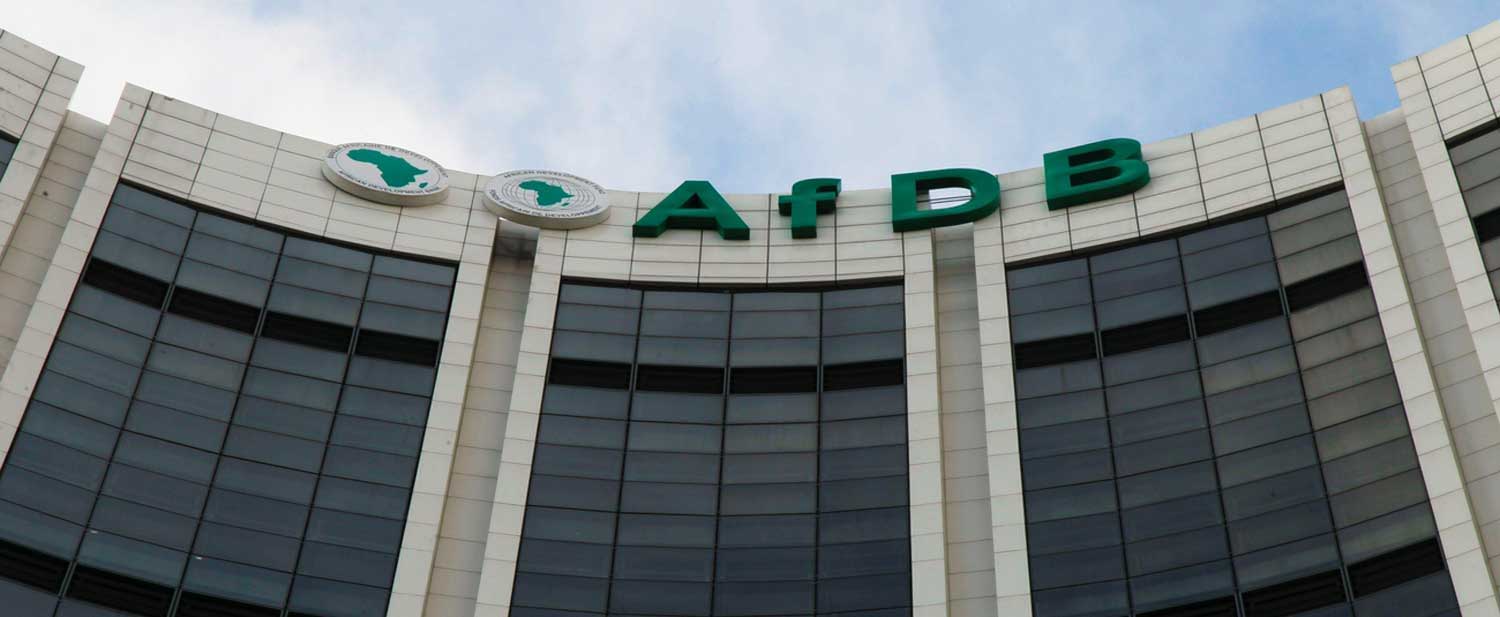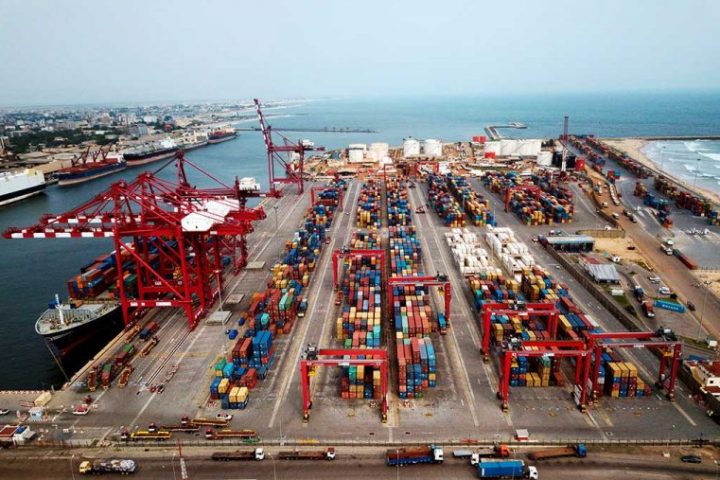The African Development Bank (AfDB) has issued a cautionary message, highlighting the potential for social unrest as commodity and fuel prices continue to climb, sparking resistance against government policies like subsidy removal.
According to their macroeconomic performance report for 2024, the bank anticipates a growth rate exceeding the 3.2% recorded in the previous year, but amidst these optimistic projections lies a looming threat to stability.
Join our WhatsApp ChannelIn their analysis, the AfDB underscores the ripple effects of global geopolitical tensions and natural phenomena like the El Nino weather pattern, warning of disruptions to supply chains that could escalate energy and food costs worldwide, with Africa particularly vulnerable to these shocks.
Moreover, they point to the economic toll of regional conflicts and political instability, diverting crucial resources away from development efforts toward security measures.
READ ALSO: Nigeria’s Inflation Hits 29.90% As Experts Blame Weaker Naira, High Fuel Prices, Others
The report emphasizes the dire consequences of unconstitutional government takeovers, which could lead to punitive sanctions with severe economic ramifications.
Additionally, the AfDB highlights the potential for internal conflicts stemming from currency depreciation or subsidy removals, citing examples from countries like Nigeria, Angola, Kenya, and Ethiopia.
“Rising prices for fuel and other commodities, compounded by weaker domestic currencies and reforms, could fuel internal conflicts and violence,” the report states, indicating a clear correlation between economic policies and social unrest.
Insights from Nigeria paint a bleak picture of the current situation, with inflation rates soaring to 29.90% as of January 2024, marking the 13th consecutive month of increase. Food inflation, a major driver of overall inflation, has surged to 35.5%, pushing many Nigerians into a dire cost-of-living crisis and sparking sporadic protests nationwide.
Across various states, essential commodities like transport and cooking gas have reached unprecedented price levels, with rice, a staple food, now retailing at around N70,000 per bag. The removal of fuel subsidies in May exacerbated the situation, exacerbating the already precarious living conditions for many Nigerians.
In response to these challenges, organized labor unions, including the Nigerian Labour Congress (NLC), have mobilized protests to voice their grievances against the government’s perceived inaction in addressing the economic hardships faced by citizens.
With another two-day protest looming, the NLC seeks to amplify its message and demand meaningful solutions to alleviate the mounting hardships across the country.
Emmanuel Ochayi is a journalist. He is a graduate of the University of Lagos, School of first choice and the nations pride. Emmanuel is keen on exploring writing angles in different areas, including Business, climate change, politics, Education, and others.
- Emmanuel Ochayihttps://www.primebusiness.africa/author/ochayi/
- Emmanuel Ochayihttps://www.primebusiness.africa/author/ochayi/
- Emmanuel Ochayihttps://www.primebusiness.africa/author/ochayi/
- Emmanuel Ochayihttps://www.primebusiness.africa/author/ochayi/



















Follow Us